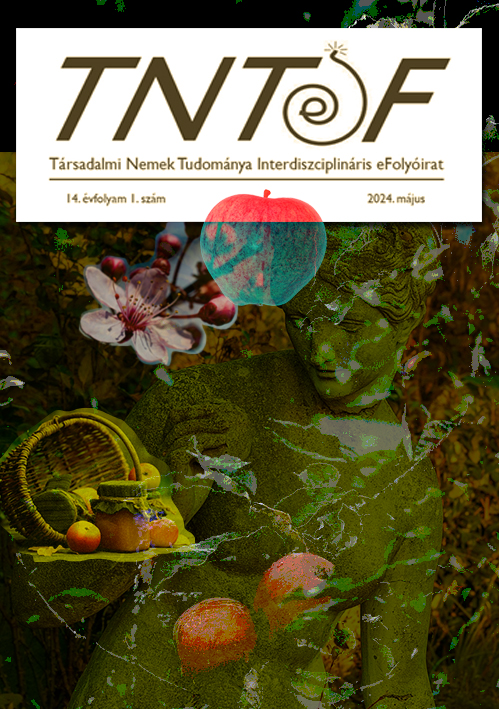The (Transformative) Power of Words. Ethical and Moral Aspects of Juan Mayorga's play, The Golem
Main Article Content
Abstract
This paper aims to present a possible interpretation of Juan Mayorga's play, The Golem, which was first performed in 2022. This work has been described by critics as the Spanish playwright's darkest and most difficult to interpret. The title itself refers to a well-known myth from sixteenth-century Jewish folklore, that of the Golem, a creature made of clay that can come to life when a sacred word is put into its mouth. The myth has been the subject of many literary adaptations – e.g., in the novel by Gustave Meyrink, and in a/the poem by Jorge Luis Borges –, and Mayorga's drama joins this circle. The play, which explores philosophical, moral and political issues, presents an alternative world that seems both present and real, in which the Spanish author invites the reader/viewer on an intellectual journey into the darkest recesses of the subconscious. The Golem is a deeply political play about the ethical and moral-philosophical aspects of transformation, what we do with words and what words do to us.

